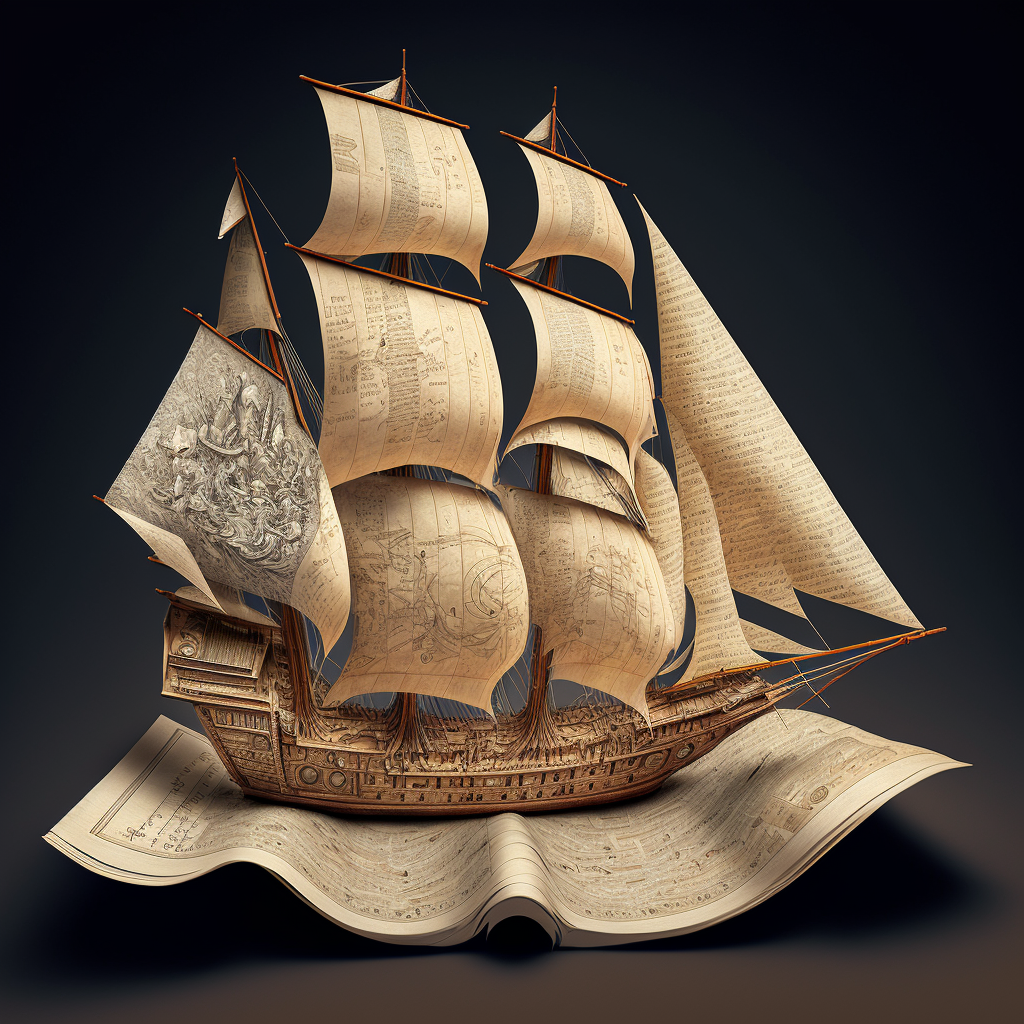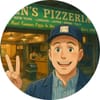Homer & Helen: My Twenty-Year Odyssey Through the Iliad
The Iliad demanded I consider what my life would add up to.

I never stop reading a book. But I often lose momentum. The first time I failed to finish the Iliad was during a great books seminar in college. I was terrified to learn that we were expected to read the entire book in just over a week. I calculated how many pages I had to cover each day in order to keep up: 68. After a few days it became clear that momentum was not on my side. I fell behind. We moved on to Herodotus. My partially read Iliad moved to the shelf, where it would remain for twenty years.
Reading Homer in middle age turns out to be different than it was in college. The Iliad is about death — something I couldn’t comprehend as a 19-year old. Every page of the epic seems to describe a violent fatality. Skulls are shattered. Knees are “unstrung.” Birds gouge the eyes of the dead. The violence of the Iliad is graphic and relentless. But for all its violence, it is an exceedingly tender work. In Book 3, Helen surveys the battlefield in search of her brothers:
“Two only I cannot see, two high commanders,
Kastōr the horse breaker, Polydeukēs the skilled boxer,
brothers of mine, all born of the same mother.
Either they didn’t come with them from lovely Lakedaimōn,
or, if they did make the trip in their seagoing vessels,
they’re not willing now to join these men in combat
through fear of all the shame and reproaches leveled at me.”
So she spoke; but them the nurturing earth already
held under in Lakedaimōn, their dear native land.
Green, 3.236–244
Mortimer Adler, the patron saint of Online Great Books, the group that brought me back to the Iliad, said that “In the case of good books, the point is not to see how many of them you can get through, but rather how many can get through to you.” With lines like "them the nurturing earth already held under in Lakedaimōn," Homer had finally gotten through to me. And he had some questions.
HOMER: What have you been waiting for? I wrote one of the greatest stories of all time! And you couldn’t be bothered to finish reading it!
ME: I know. But I was really busy!
HOMER: Busy! What do you have to show for it? I composed 15,693 lines of dactylic hexameter and left it behind for generations to enjoy! And what have you accomplished that was so important you couldn’t read this timeless work of genius?
ME: Well I guess I was finding love and figuring out my career. And that took a while, and like I said… I was busy.
HOMER: Sounds like some Millennial B.S. to me.
ME:Generation X!
HOMER: Whatever, you’re all Millennials to me. Look, I’m asking you if you’ve thought about what your life will add up to. What are you going to leave behind? Look, you’re not exactly an epic hero, so no one’s going to spell out option A and option B for you. But you can still think about your life as Achilles did:
My mother, silver-footed Thetis the goddess, tells me
that two contrary spirits go with me until the end that’s death.
If I stay here, and fight around the Trojan’s city
I’ll lose my homecoming, but gain imperishable renown.
On the other hand, if I return to my own dear country
my fine renown will have perished, but my life will long endure,
and the end of death will not find me any time soon. (9.410-416)
"Wow — you weren’t kidding. She really never stops moving.” My brother was getting a taste of Mary Georgia’s intensity, and I was gratified to hear his reaction. Comments like this validated the shell shock Eliza and I had felt during our daughter’s first year. She swept into our lives like a Category 4 hurricane. We weren’t sure what was normal, but we were sure that we couldn’t handle another Mary Georgia. I still hoped there would be a second. Maybe we had just lost a little momentum.
Perhaps it was parenthood that opened me up to the Iliad. Whatever the reason, the book now seemed to demand that I consider what my life would add up to. For the warriors in the story, the endgame is glory, but even as they fight for “imperishable renown,” the graphic violence of the story reminds us that death is “the great leveler” (borrowing a term from the Odyssey, 3.269). Death ignores glory.
Achilles acknowledges death’s equalizing power, lamenting that “death comes alike to the idler and to the hardest worker” (9.319–320). Perhaps he has a particular appreciation for this point because he is the epic’s most merciless killer. When Achilles kills Asteropaios, there is no elegy. Homer instead describes “the eels and fishes all busy about him, nibbling and tearing the fat surrounding his kidneys” (21.203–204). The great leveler turns all men into empty husks, “on the ground, far more attractive to vultures than to their wives” (11.162). If the Iliad’s core question is what our lives add up to, Achilles’ answer seems to be: not much.
Yet the Iliad did not leave me feeling hopeless or nihilistic. In fact, as Achilles’ frustration with the warrior code of honor grows, his appreciation of life seems to flourish, telling Odysseus:
For me, to be alive has nothing to match it… to bring
a man’s life back neither raiding nor victories suffice
once it has fled beyond the barrier of his teeth. (9.401-409)
Our Helen was born on a perfect spring morning about two years into my journey through the great books. She arrived early and quietly, due to some fluid in her lungs. Everything about Helen was a contrast from her older sister, who was delighted to welcome a baby sister into the family.
Early on in the Iliad, the warriors Glaukos and Diomēdēs have an improbable conversation in the midst of battle in which they discover that their ancestors were “guest-friends.” As Glaukos begins to introduce himself, he says:
As the generation of leaves, so is that of mankind:
some leaves the wind scatters earthwards, but the fertile
woodland grows others as spring returns in season.
So with men: one generation grows, while another dies. (6.146-149)
Maybe this was the passage that convinced me. But somewhere along the way to finally finishing the Iliad, I decided that this was what life was all about: spring returns, and the fertile woodland grows others.

